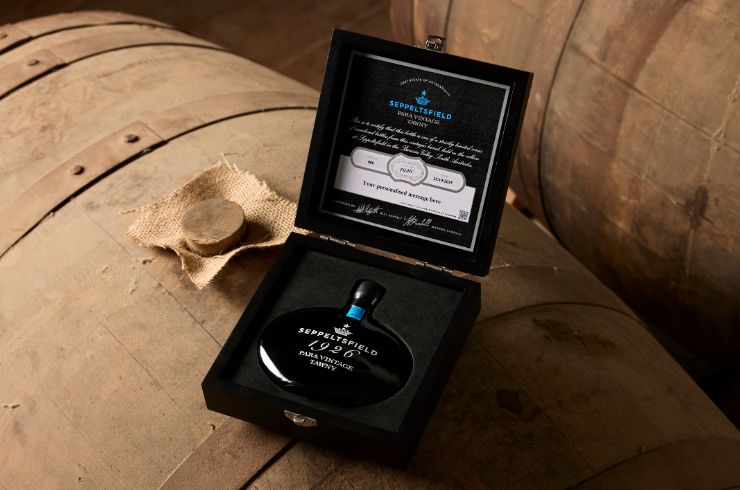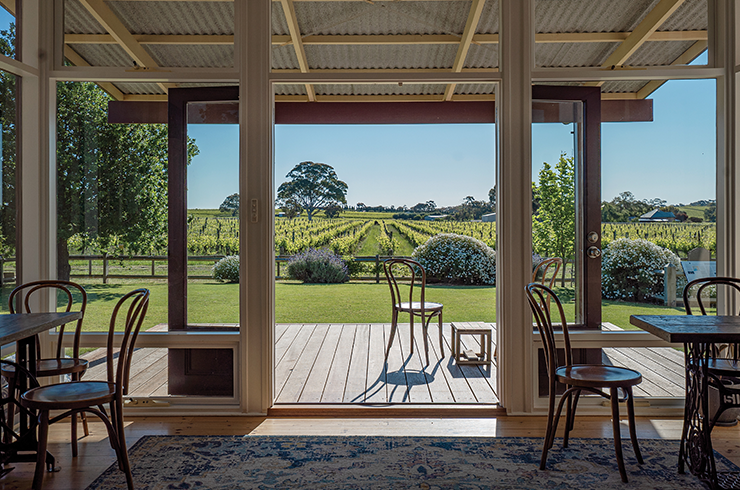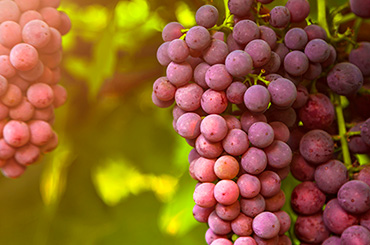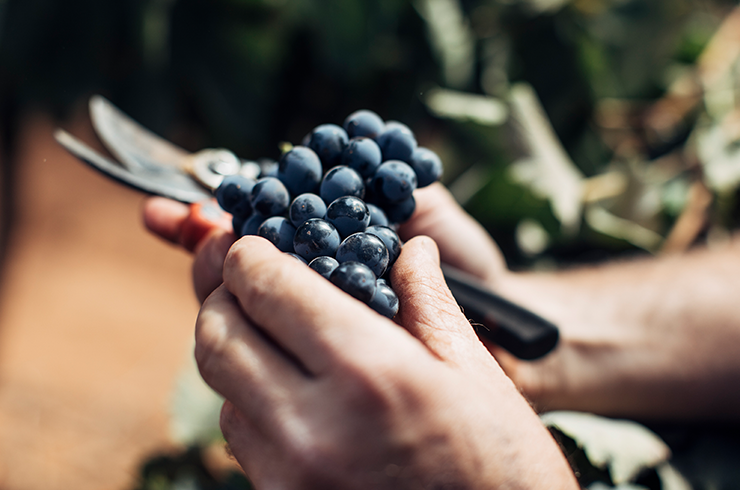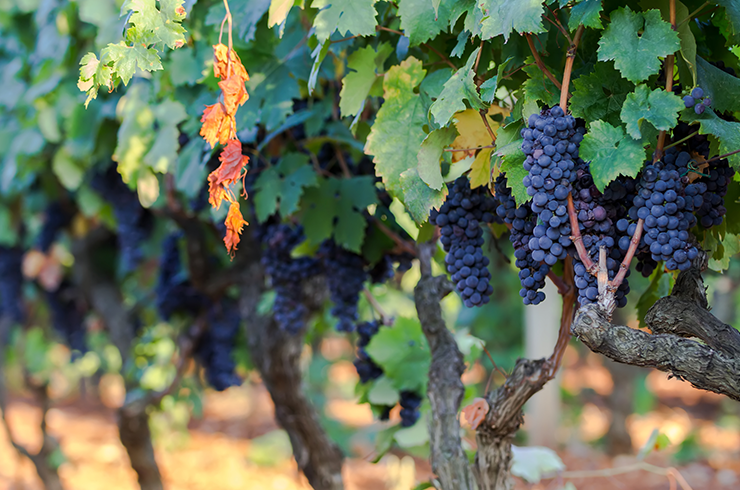What is aglianico?
Aglianico [alli-YAN-nik-oh] is an ancient black grape from southern Italy. It was once suggested (and many still argue) that it was introduced to Italy by the Greeks during the sixth and seventh centuries BC, but DNA profiling and a closer look at its etymology refute this hypothesis.
Aglianico is a late-ripening, tannic and ageworthy variety, and is considered alongside sangiovese and nebbiolo to be one of Italy’s greatest grapes. In fact, it’s often referred to as the 'Barolo of the south' due to its ability to produce high-quality, refined and complex wines, although its reputation outside of Italy isn’t quite as prestigious as that of its northern counterpart.
Where is aglianico planted?
Aglianico is the most widespread black variety in southern Italy, particularly in the regions of Campania and Basilicata. Here, the best-known DOC/Gs for the variety are Aglianico del Taburno, Aglianico del Vulture, and Taurasi, where cooler, high-altitude sites, plenty of sunshine and volcanic soils allow for extended ripening; this is crucial for reining in the variety’s high tannins. Still, the grape’s natural high acidity means it can be grown successfully in lower, warmer sites, such as Cilento DOC on the Amalfi Coast, and, increasingly, across Australia.
First imported by the Chalmers family in 1998, aglianico is now grown in several Australian regions including the Riverland, Adelaide Hills, McLaren Vale, Heathcote, Bendigo, and the Alpine Valleys.

What does aglianico taste like?
Despite its nickname, and while it does share similar traits, aglianico is generally more rugged, darker and less red-fruited than nebbiolo. The best examples are full-bodied and deep in colour with high tannins and acidity, and typically show black cherry, bramble, black plum, chocolate, leather, earth, dried herb and cured meat characters.
What is aglianico similar to?
You'll like aglianico if you like big, bold reds such as Barossa shiraz, nero d’Avola, nebbiolo, barbera, sangiovese – even malbec.
What does aglianico pair with?
Because of its high tannin and acidity, aglianico is an excellent food wine. Try it with dishes that are rich in umami, such as wagyu steak, barbecued ribs, slow-cooked beef, lamb or pork shoulder, saucy tomato-based pasta dishes, mushrooms, and hard cheeses.
Sign up to view these tasting notes and ratings
By becoming a member of Wine Companion, you'll have access to the largest database of wines in Australia.
Become a Halliday Wine Companion member
Sign up to become a Halliday Wine Companion member and unlock a wealth of benefits, including:
- Brand new tasting notes delivered to your inbox weekly
- Digital access to our library of over 180,000 tasting notes from over 4000 wineries
- Four issues of Halliday magazine delivered to your door per year
- Member-only articles and stories written by Australia's best wine writers
- Early access to Halliday events across Australia
- Discounted Halliday Wine Club subscriptions
- Free shipping on Halliday wine packs
- Member-exclusive offers from our winery and retail partners
And much, much more. Become a Halliday member today.
Image credit: Chalmers

